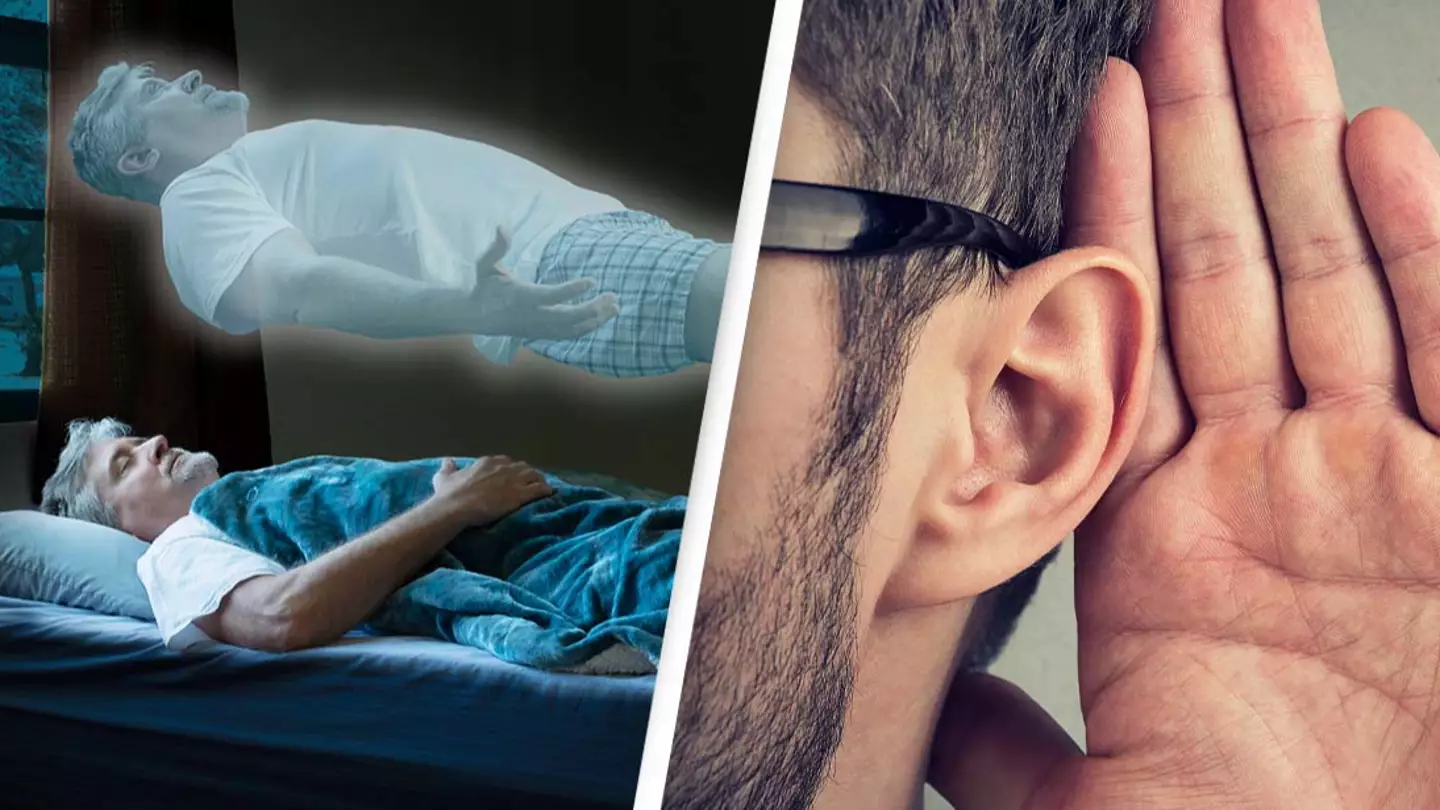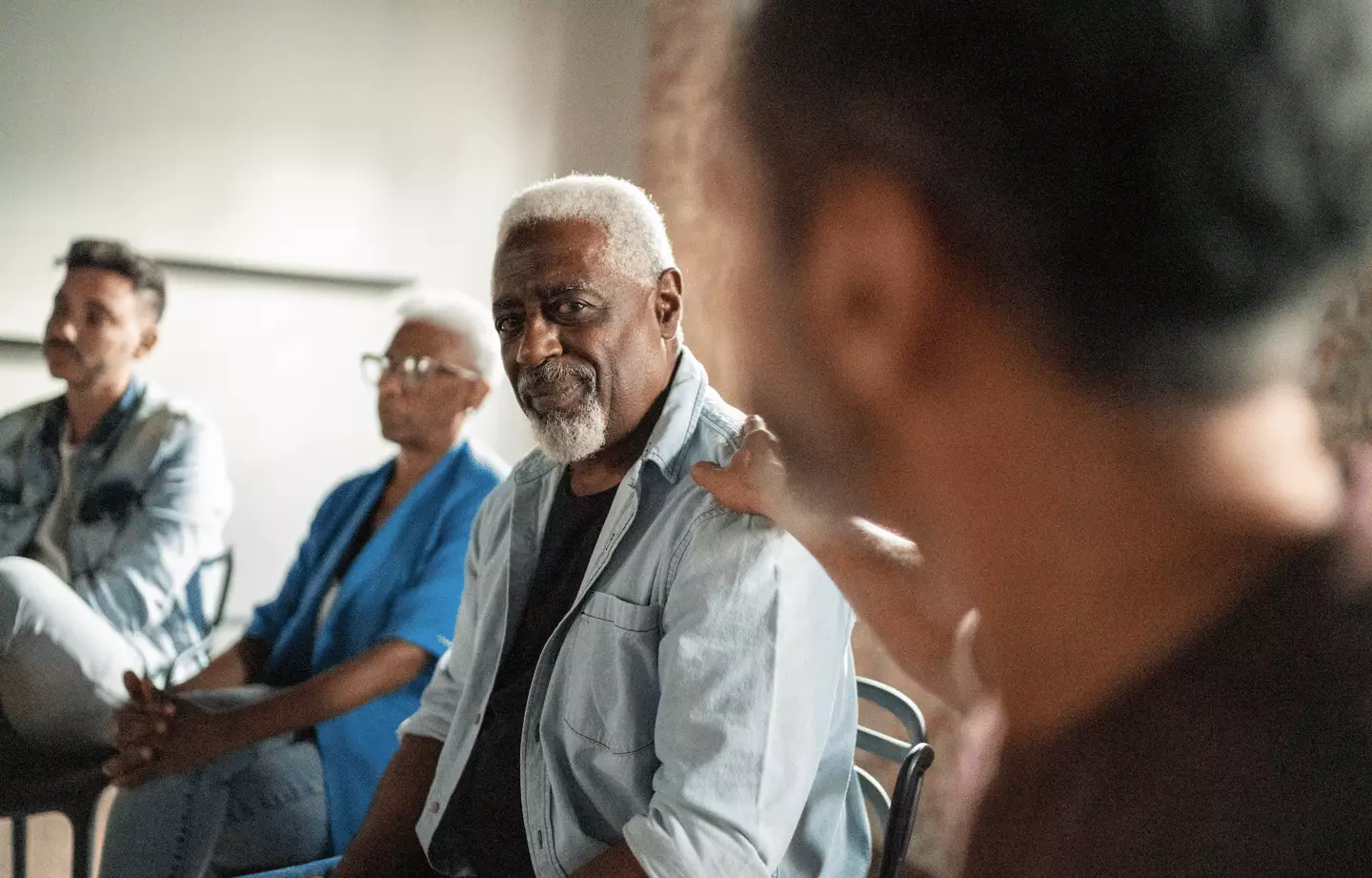
The death rattle is an 'upsetting' part of death for some people which is important to be aware of.
When it comes to facing losing a loved one, it's impossible to ever truly mentally prepare.
However, having an idea of what may happen in their final moments, particularly medically speaking, can try and ensure you don't get any further unexpected nasty surprises on top of what is already such a difficult time.
What is a death rattle?
A death rattle 'is a crackling, wet sound that may accompany each breath,' Healthline explains.
Advert
The site continues: "A death rattle is a distinctive sound that a person may make as they are coming to the end of their life and may no longer be able to swallow or cough effectively enough to clear their saliva."
It typically occurs when a person is 'in a weakened state or is in and out of consciousness' with someone not having the physically strength to swallow or cough, their breathing subsequently potentially coming across 'irregular' or 'labored'.
"When they take a deeper breath, the death rattle sounds may be louder because the deeper, more forceful breath is moving against the secretions in the back of the throat."
And the sound is fairly distinct.

The 'death rattle' sound
Given it's called the death rattle, it's not exactly shocking that the sound isn't exactly a nice one to meet your ears.
The death rattle can sound 'wet' or crackly and can vary between each breath.
"Sometimes, the sound is soft and moan-like," Healthline continues. "Other times it’s loud and sounds like snoring or gargling."
It can even sound like the person is 'drowning' or 'choking'. However, the site reassures there's 'no evidence' to suggest the person experiences 'any pain or anxiety' during this moment.
For loved ones, the sound can obviously be alarming and upsetting, but luckily, there are a few things you can do to help try and reduce it.

Advice on 'death rattle'
Monitoring a person's 'oral fluid intake' can help reduce the sound of the death rattle, alongside 'repositioning a person so they are turned to their side with their head slightly elevated'.
Medical professionals may administer certain medicines or mouth care items to help reduce the amount of saliva present too.
Although, Healthline warns: "However, as a death rattle is often a symptom of the dying process, it may not be possible to eliminate the sound entirely."
Ultimately, a person typically survives 'an average of 23 hours after the onset of a death rattle' - it's an important time to make sure you have support in place while you see your loved one in such a condition, say your goodbyes, and navigate your way through the initial stages of the grieving process.

Support
No matter how long you have to try and come to terms with losing a loved one, you can never truly fully prepare for grief.
It's something you ultimately have to learn and adjust to carrying with you and speaking about it to family, friends or mental health professionals can help ease the load.
If you have experienced a bereavement and would like to speak with someone in confidence, contact The Compassionate Friends on (877) 969-0010.